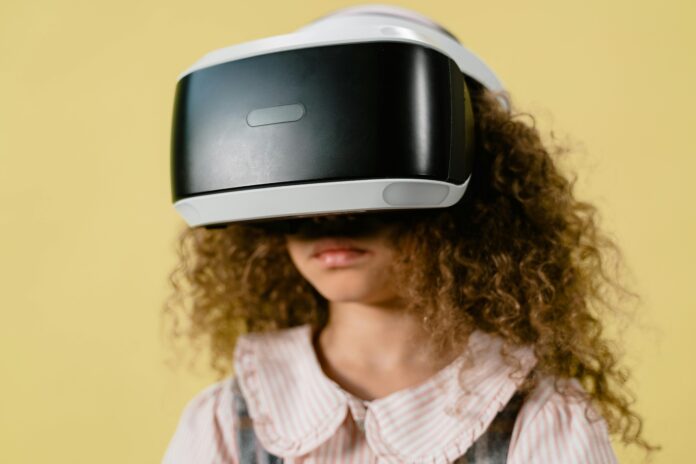Due to the rapid development of AI, people can accomplish everyday tasks with an unprecedented amount of ease. AI will write for you, check your spelling, help you develop ideas (aka thinking), compile research, create images and music, and even offer emotional support. Although AI is not intrinsically good or evil, the way individuals choose to incorporate AI into their lives does have moral consequences.
Mr. Keith Dobson recently wrote an opinion piece advocating for AI integration in the government to help citizens more easily access government data. The piece sparked robust conversation in the Must Read Alaska comments section. Mr. Dobson responded to concerned readers by agreeing that AI integration in the government could be harmful if done the wrong way. “Your caution is essential,” he wrote. “Concerns about system failure and dehumanization remind us that powerful tools can cause harm if misused.”
Although Mr. Dobson’s proposal has merit, he also admits the caution necessary to prevent the misuse of AI. While we should continue dialogue about potential AI integration in the public sphere, we must also take time to reflect on how much are we are willing as individuals to allow AI to impact our personal lives and shape our children’s minds.
I could list numerous examples of dehumanization caused by individuals’ inappropriate use of AI: a teenage boy encouraged by his AI “friend” to take his own life, a woman celebrating her engagement to her AI “fiancé,” an alarming number of students submitting AI-written essays, etc. AI itself is not the root cause of these troubling stories. AI is a tool that can be used for good, but it can also be used as an echo chamber that furthers mental illness and leads to tragedy, an artificial replacement for genuine human connection, and a shortcut that stimies kids’ creativity and intellectual development.
What is the solution? The answer to that question begins with who is responsible for the solution. The foundation of a society is the family, not the government. Rather than calling for more government oversight or pushing AI producers to better regulate their product, parents need to play an active role in helping their children develop self-discipline. Parents must set an example of the principle that human beings have free will and the power of free will comes with great responsibility. We must actively train our wills to desire good things and moderate our appetites and desires.
Our world contains innumerable opportunities for children to weaken their minds, their bodies, and their souls. Brain rot fills every corner of the internet. Excessive sugar, highly processed foods, and the couch-potato mentality are cheap and accessible. What about our kids’ souls? In popular culture today, cheating on your homework means you are “getting ahead,” working “smarter” means choosing the easiest route, objective truth is often told to take a hike, love is whatever makes you feel good, and the individual is the center of the universe.
It is not the government’s job to protect you or your children from making bad choices, whether with food or with the use of AI. The solution lies with parents. By modeling hard work, healthy friendship, genuine love, and the ability to choose what is good over what is easy, parents can cultivate self-disciple in their children and raise them to be capable individuals. AI is here and it is here to stay. The choice that remains is how much will we as individuals, not governing bodies, let AI imitate and replace human thinking, creativity, and relationships?
